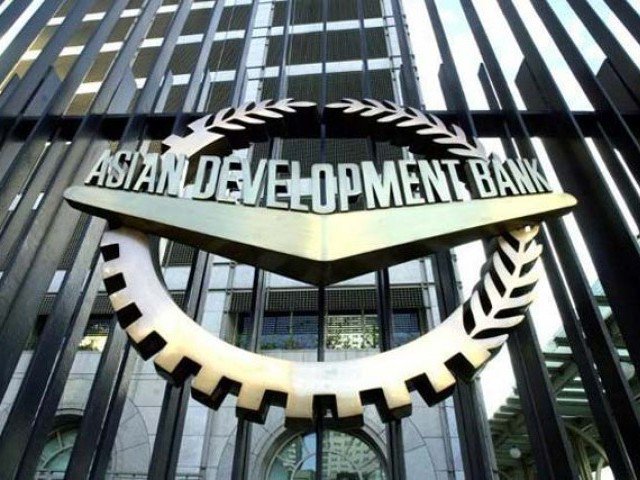ISLAMABAD: The Asian Development Bank has decided to assess the $7 billion loan approved in 2005 for Pakistan’s energy sector for guidance of future investments.
This decision of ADB comes in wake of challenges being faced by energy sector and continue to hinder economic growth.
The report “Evaluation approach, Sector Assistance Program Evaluation (SAPE) for the Pakistan Power Sector” released by ADB on Tuesday said its investment in Pakistan’s energy portfolio was among its largest undertakings with approvals of more than $7 billion.
Due to continuing hindrances and challenges in energy sector which are hampering economic growth, ADB board has asked Independent Evaluation Department (IED) to carry out assessment and highlight mistakes committed so it could be able to guide the Manila-based lenders future investments and approach towards Pakistan.
According to the report, Pakistan’s energy sector is severely inefficient, where no one gets paid and losses keep racking up due to lack of investments in supply chain which cause outages across the country.
The IED will evaluate the support provided by ADB to Pakistan’s power sector during 2005-2017 and further guide the Manila-based lender on its future course of engagement.
IED will carry out a review of grant and sovereign loan operations, technical assistance and non-sovereign operations approved during 2005-2017.
Key assessment of three aspects is going to be undertaken by IED which include resource allocation across various type of modalities, resource allocation for further support, second would be time efficiency in designing, changing and implementing public and private sector operations.
And the final assessment would be regarding ADB’s internal coordination with several departments and offices at its headquarters and with its Pakistan office.
The report highlights short periods of high economic growth, development being uneven due to external economic shocks, lack of enforcement in economic reforms, political uncertainty and domestic security challenges.
It added “Economic transformation has been slow. High fiscal deficits, limited domestic public resources and governance challenges have constrained public and private investment in needed public infrastructure. About half the population remains either poor or vulnerable to poverty. The country partnership strategy (CPS) notes that severe power shortages are one of the main economic development bottlenecks; as chronic brownouts and investment in high-cost back-up generation have continued to curtail economic activity and reduce competitiveness.”
Furthermore, ADB stated “Additionally, DISCOs are not able to collect all billed amounts. Hence, the NTDC, some DISCOs, GENCOs and IPPs are not able to meet their payment obligations in a timely manner, spreading the shortfall throughout the supply chain. As a result, available IPP generation capacity is underutilized and public GENCOs and DISCOs cannot maintain or refurbish their facilities, which eventually are derated.”
Also, regarding circular debt, the report stated “In 2013, the government cleared some of the debt by injecting $3.8 billion as DISCOs’ equity, reducing substantially the arrears. However, DISCOs’ receivables have kept increasing since then and reached PRs 638 billion as of June 2016.”
And ADB’ report mentioned “China–Pakistan Economic Corridor (CPEC) initiative has attracted $33 billion in investments through 2022, primarily for electricity generation and transmission (with 80% of private investments). The initiative aims at promoting bilateral and regional construction, investments and trade between People’s Republic of China (PRC) and Pakistan.”























